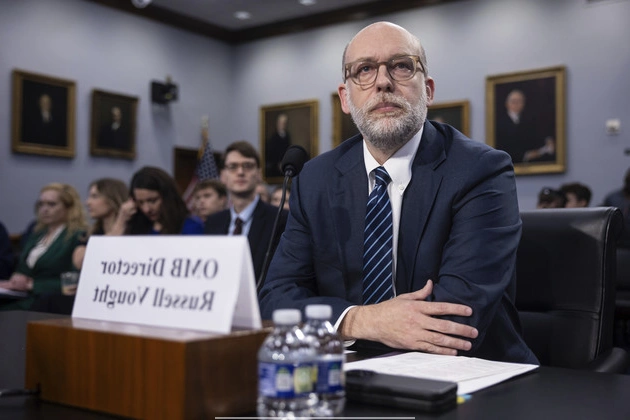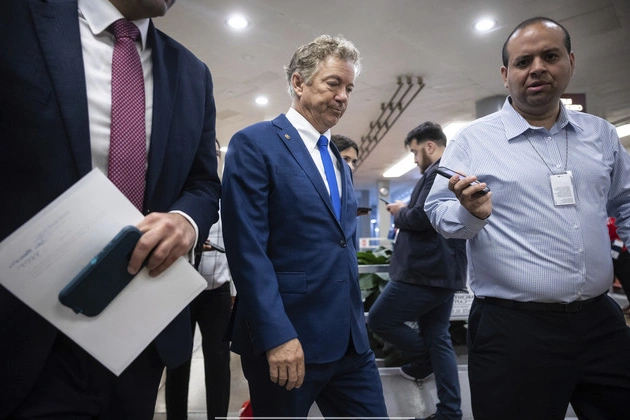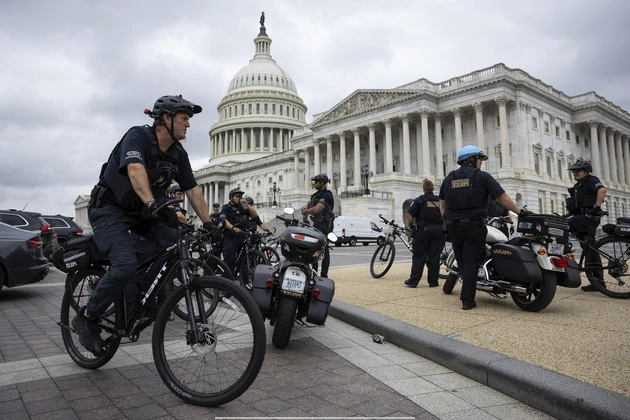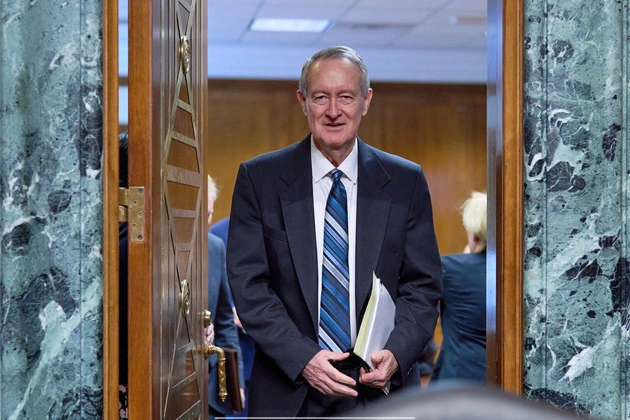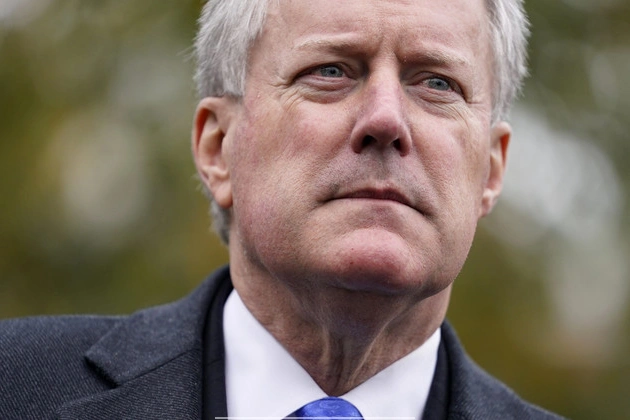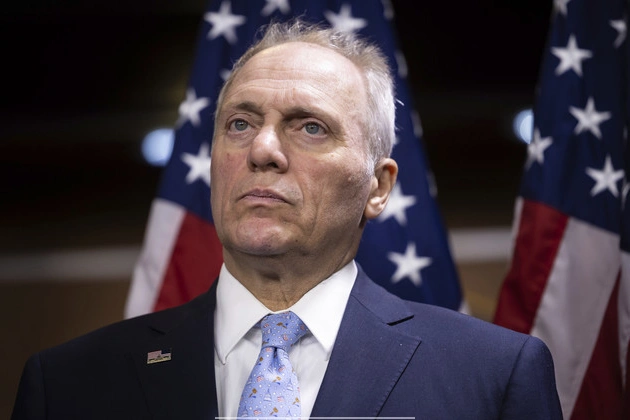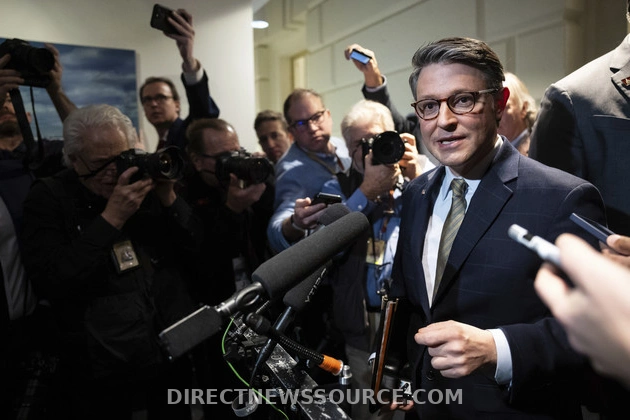
The Challenge of Finding a Replacement for Johnson in House Speaker Role
When it comes to choosing a replacement for House Speaker Mike Johnson, House Republicans are facing a significant dilemma. Despite doubts about Johnson’s continued leadership, finding a viable alternative proves to be a daunting task.
The Potential Contenders
As the speakership vote approaches with potential holdouts, three prominent figures have emerged as possible replacements: Majority Leader Steve Scalise, Judiciary Chair Jim Jordan, and GOP Whip Tom Emmer.
All three individuals vied for the speakership previously but had to withdraw their bids due to insufficient support within the party.
Their Ongoing Challenges
While these candidates still maintain some level of support within the GOP, they each face hurdles in garnering the necessary backing to secure the speakership. With the delicate balance of votes in play, any aspirant for the position can only afford to lose minimal support.
This predicament underscores a common issue in politics – the desire for change without a clear consensus on viable alternatives. The hypothetical ‘someone else’ often falls short once a specific candidate is put forward.
Evaluating the Contenders
Steve Scalise has cultivated relationships across the party over the years but faces opposition from factions aligned with Jim Jordan. Similarly, Jordan’s strong conservative base clashes with establishment figures and Scalise loyalists.
Tom Emmer, although previously undermined by Trump, has endeavored to mend fences and address concerns within the party. However, lingering reservations from certain party factions persist.
Navigating Roadblocks
The interplay of alliances and rivalries within the GOP complicates the path to speakership for all contenders. Past animosities and political differences continue to impede unanimous support for any one candidate.
Despite the challenges, there remains a wildcard option akin to Johnson’s unexpected rise to the speakership. Johnson’s supporters maintain optimism about swaying undecided members, though resistance still exists among key figures.
The Uncertain Future
As the GOP grapples with the prospect of a new House Speaker, the internal dynamics and competing interests complicate the selection process. Whether a consensus candidate emerges or internal divisions persist, the road to succession remains uncertain.
Ultimately, the quest for a successor to Johnson underscores the intricate nature of leadership transitions in the political arena, where personal allegiances and ideological divides shape the path forward.






